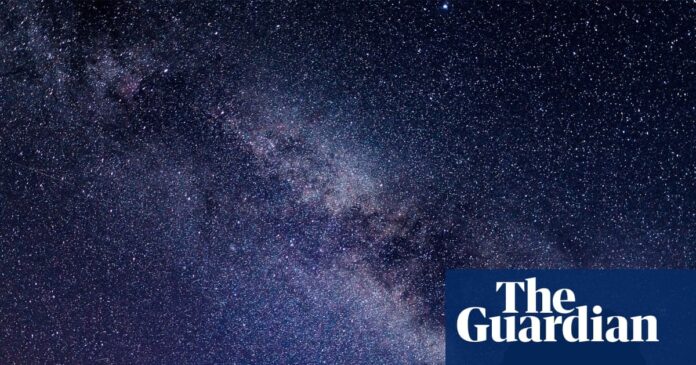A new study challenges the widely accepted theory that the universe’s expansion is accelerating, suggesting instead that it may be gradually slowing down. This controversial finding, if confirmed, would rewrite our understanding of the cosmos and its ultimate fate.
The prevailing model, cemented by the 2011 Nobel Prize-winning discovery of dark energy, posits that this mysterious force counteracts gravity’s pull, causing galaxies to drift apart at an increasing rate. However, this new research casts doubt on that assumption, arguing that our observations may be flawed.
The study focuses on a key piece of evidence used to establish the accelerating expansion: distant supernovae (exploding stars). These “standard candles” are believed to have consistent brightness, allowing astronomers to calculate their distance based on how dim they appear. The dimmer these ancient supernovae appeared compared to expectations, the stronger the case for an accelerating universe.
But the new study argues that this apparent dimming might not reflect a speeding-up expansion after all. By analyzing the age of 300 host galaxies harboring these distant supernovae using a different method, the team suggests variations in early universe stars’ properties could naturally produce fainter supernovae than previously thought.
Adjusting for this potential bias still points to an expanding universe – but one whose growth is decelerating rather than accelerating. This implies that dark energy, far from being a constant force driving expansion, might be weakening over time.
If indeed dark energy continues to diminish, some theoretical models predict the ultimate fate of the universe would not be a boundless expansion, but a “big crunch” – a reversal of the Big Bang, where gravity eventually pulls everything back together.
This study is likely to generate heated debate within the scientific community. It challenges decades-old assumptions about dark energy and the universe’s trajectory. While Prof. Carlos Frenk from the University of Durham cautions that the findings are “very provocative” and might be incorrect, he acknowledges their significance: “They’ve put out a paper with tantalising results with very profound conclusions.” Further research and independent verification will be crucial to determining if this shift in understanding truly marks a new era for cosmology.









































